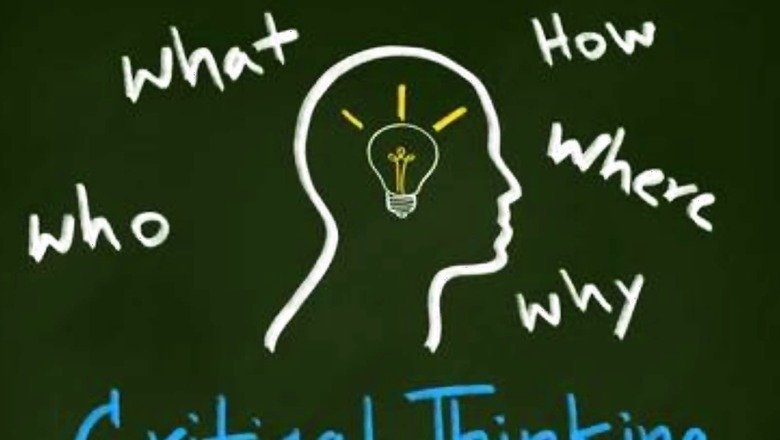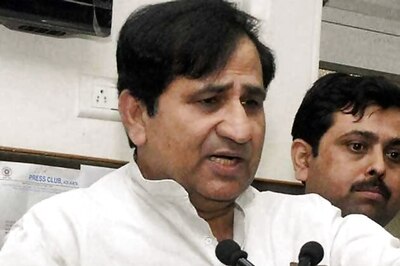
views
There are certain skills that are essential for the growth of an individual. Critical thinking is one of them. Critical thinking is the ability to find solutions on the basis of evaluation, logic, and evidence. There are two common misconceptions about this skill. First, only students need to develop this. Second, it is vital for fields in Mathematics or Science. Here are 5 habits that you can cultivate to improve your critical thinking skill no matter your age:
Engage In Active Learning
Instead of just absorbing information as presented, a better approach is to engage in active learning. This is an approach that involves actively engaging with the learning material through discussions, problem-solving, case studies, and role plays, among others. This will help you engage in more than just surface-level learning and promote higher-level thinking.
Ask Questions
People often hold themselves back from asking questions due to the fear of embarrassment. This can prove to be the greatest hurdle in building critical thinking skills. Curiosity is the stepping stone to this skill. Do not be afraid to ask away even if it feels like a silly question. You might just unlock and learn from someone else’s point of view if you just asked what was on your mind.
Take In Different Point Of View
Everyone has their own point of view that is based on their own opinions and motivations. It is always going to be the case that people’s words are going to be shaped by their personal opinions and biases. This is crucial to keep in mind when anyone presents you with any information. Ask yourself what could have shaped that information.
Question Biases
Biases can be hard to spot but that is what stops a bigger picture to be formed. Whenever you are presented with any information take a step back and ask yourself if is there more to what is being said. Furthermore, remember to question your own biases too. Think about how these can affect your thoughts.
Practice Active Listening
Go beyond simply hearing the words. Seek to understand the meaning behind them. This communication process is crucial in understanding problems and finding solutions. Once again do not be afraid of asking questions and remember that a crucial part of critical thinking skills is to be open-minded. Active listening is all about a non-judgmental approach.
Read all the Latest Lifestyle News here


















Comments
0 comment